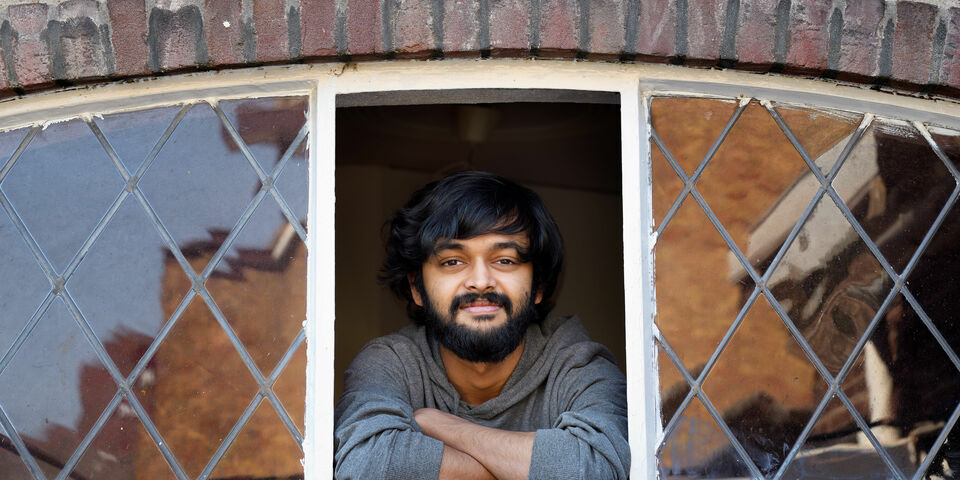Under the (fume)hood
In April this year, cosmic dad Neil deGrasse Tyson declared to the world: The good thing about science is that it’s true, whether or not you believe in it. It was probably well intentioned, one of those many things that popular science figures feel people need to hear from time to time to keep things on track. But in perfect Twitter fashion, he was almost immediately disparaged and ridiculed for perpetuating such a simplistic notion. Facts are true, many said, but science is about the path to finding them. And people tend to waver from paths.
These past years (I’ve decided to use plural by now) have been about many different things – illness, tragedy, mental health, adjustments, MS Teams – but the overarching theme has had a link, strong or appallingly weak, to the scientific method. The identification of the virus, seeing what it looks like, determining quarantine durations, toying nefariously with masking guidelines, finding out what treatment works, justifying how to organize vaccinations; by now we’ve nearly all had equivalent to half a dozen masterclasses on these subjects.
Each of them has given us a brief glimpse into how science works in practice; it’s not a shiny, impervious Reddit thread containing all the answers but rather the product of grueling head-scratching, uncontrollable coffee-guzzling and iterative experimentation that takes us closer to the most probable truth (in the best case). The rest is left to time and consequence and if we are “lucky”, the world is saved, and the iterations stop.
And luck here isn’t a concoction stirring silently in a flask somewhere, but rather a human concept where even the outcome of seemingly well-designed experiments can be decided by elements beyond one’s consideration or control. I remember one small instance when tutoring an experimental physics course in Matrix. A group of undergrad students had to use a light sensor in their contraption but found that their system was quite moody. As it turned out, sunlight being reflected off the giant mirror we now call Atlas was interfering with their apparatus. Nobody had considered that option until that point; when the course was first designed, the experiments weren’t being hosted in Matrix and Atlas didn’t exist.
And science, being a people’s business, often has the same quirks as its many cogs. For instance, it’s humanly impossible to test every tiny variable in experimental research; therefore, some things are taken for granted or researchers hold some deep semi-superstitious beliefs, something that is largely based on crude logic but has never been tested. Migration is another critical human element in science; researchers are relocating almost seasonally and getting the right minds together can often lead to explosively good science; mid-20th century physics is a literal example.
A recent story around Borromean Rings had a similar flavor. The resulting diversity of perspectives and expertise thus becomes almost crucial and as a researcher just starting off, I find it incredibly helpful to step out of the bubble that the research group/department/university/country provides in order to get my head around how others think about the problems that are literally keeping me awake. This exercise can often brutally challenge my positions but isn’t that part of the game anyway?
As I write this, I’m nearing the end of this research stint. Early last month, the project I was hired to work on finally yielded some results that would put us at the edge of the finish line, over three years in the making. But this very week, while trying to reproduce those results (I’ll plug this study on part of the reproducibility crisis), things appear to have been unexpectedly set back a few months. We have a few ideas why, some have been tested, some will be tested, and we might have an answer to get back on the horse with. Or we might not have a clue but still try to get on that horse anyway and hope for luck to be on our side this time around. It’s a people’s business after all, and people tend to be hopeful.


Discussie